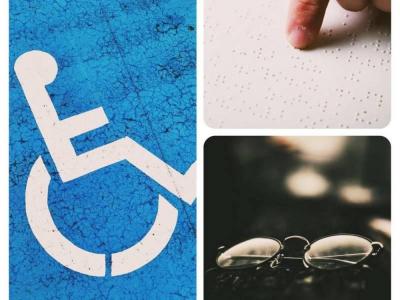At the Parliamentary Committee on Petitions on the reports of the Ombudsman and the State Prosecutor's Office for 2024
Today, on 5 November 2025, the Deputy Human Rights Ombudsman, Miha Horvat, presented the report of the Ombudsman of the Republic of Slovenia and the report on the implementation of the tasks of the National Preventive Mechanism for 2024 at the main working body – the Commission for Petitions, Human Rights and Equal Opportunities – in the National Assembly of the Republic of Slovenia.
Last year, the Human Rights Ombudsman handled more than six thousand cases and found 174 human rights violations, again in 2024, mostly by the Ministry of Labour, Family, Social Affairs and Equal Opportunities, the Ministry of Health, municipalities, and courts.
"In the current report, we provide 95 new recommendations and draw attention to numerous past recommendations that have not yet been implemented, which are still relevant. We urge the government to establish better coordination between individual government departments and to harmonise a unified position and work plan for the implementation of our recommendations, which relate to several departments," emphasised the Deputy Ombudsman.
He added that one of the most important highlights of the report was the decision of the European Court of Human Rights (ECHR), which fully agreed with the Ombudsman on the issue of violation of the right to a natural judge, which the national courts had unfortunately ignored. It ruled that the state had violated the plaintiff's right to a fair trial and the right to private and family life, and thus ordered Slovenia to pay compensation.
The Ombudsman institution also highlights numerous initiatives regarding children in the report, including the lack of paediatricians, transportation problems, and lengthy divorce proceedings. As Deputy Ombudsman Horvat pointed out, the current report again recommends that the government, given the shortage of court experts in family matters, do everything necessary to remedy the intolerable situation as soon as possible, as this can lead to violations of the rights and interests of children.
He also drew attention to the chronic lack of staff and space after hospitalisation. As he said, the consequences are reflected not only in long waiting lists for admission to nursing homes, but also in unacceptably long waiting times at emergency centres. The need to build new nursing hospitals is increasing and it is imperative that solutions are found in the foreseeable future. The Ombudsman therefore calls on the competent Ministry of Health to draw up a staff and infrastructure plan on how to address the issues of persons who need more demanding medical care and support after hospitalisation.
The Deputy Ombudsman also presented to the MPs the report of the National Preventive Mechanism (NPM), which visited 72 places of detention last year and made 294 recommendations. "In 2024, we conducted several thematic visits to psychiatric hospitals. We found that people often wait for admission to a secure ward for several months, even several years, even though they no longer need hospital treatment, but treatment in a social welfare institution. Since psychiatric hospitals do not generally refuse people who urgently need treatment and assistance, overcrowding also occurs in wards under special supervision, which results in poorer conditions for treatment or treatment of all patients in these wards and poorer working conditions for employees. We reiterate our recommendation to the Ministry for a Shared Future regarding the urgency of adopting and implementing effective measures to solve the problem of overcrowding in secure wards," said Deputy Ombudsman Miha Horvat at the presentation of the NPM report.













 Back
Back 






